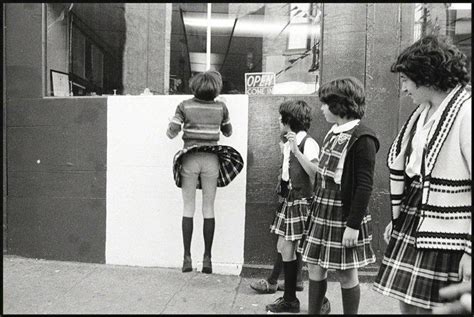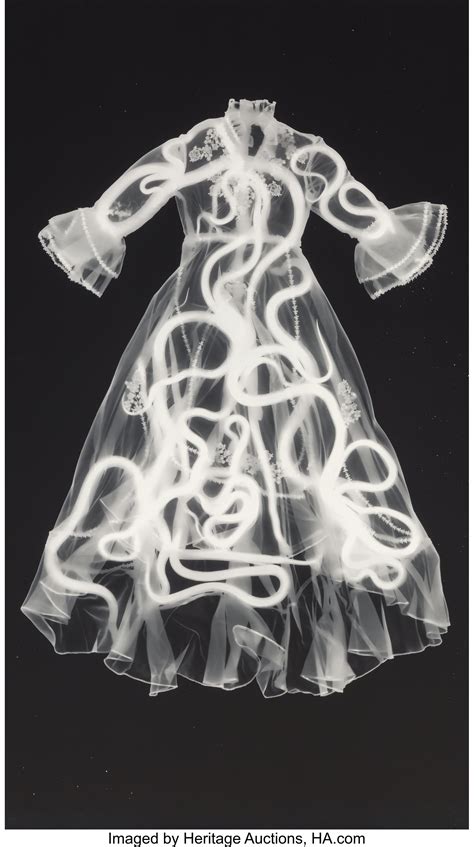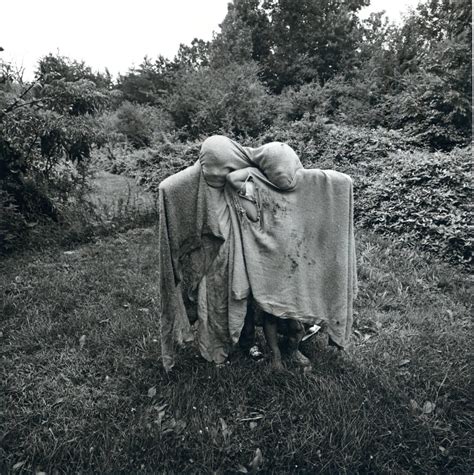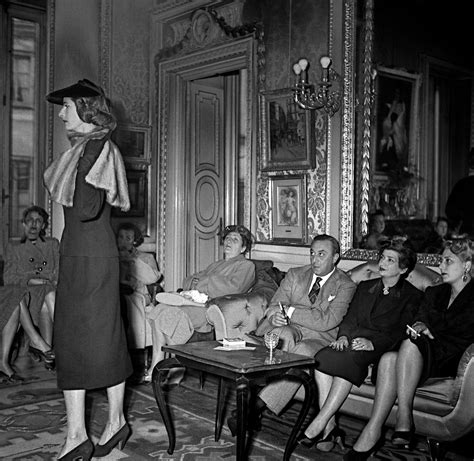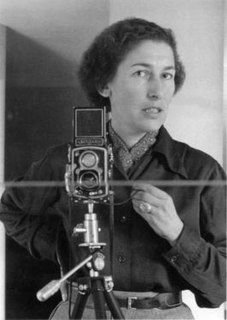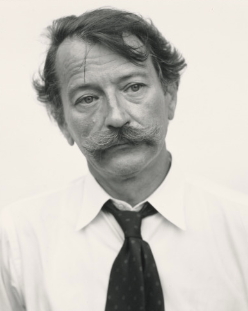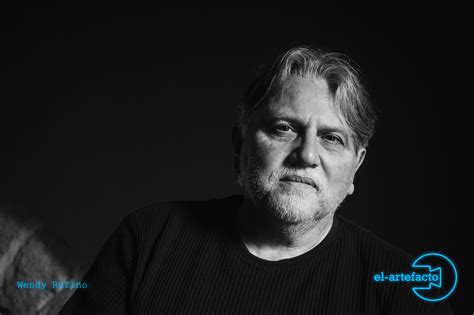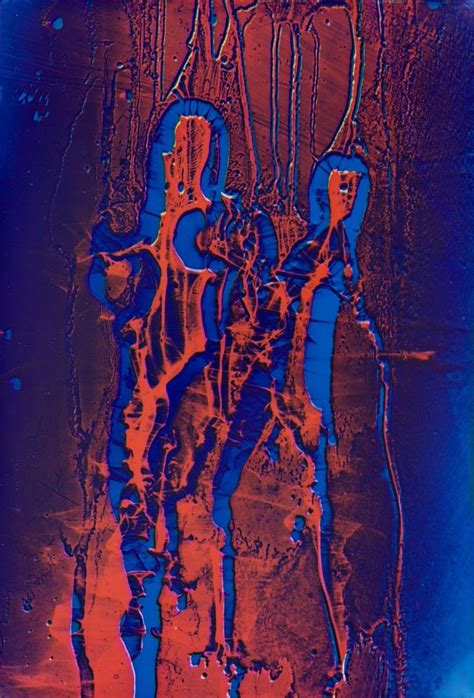A Quote by Susan Sontag
Photography - the supreme form of travel, of tourism - is the principal modern means for enlarging the world. As a branch of art, photography's enterprise of world enlargement tends to specialize in the subjects felt to be challenging, transgressive. A photograph may be telling us: this too exists. And that. And that. (And it is all 'human.') But what are we to do with this knowledge - if indeed it is knowledge, about, say, the self, about abnormality, about ostracized or clandestine worlds?
Related Quotes
He sought a way to preserve the past. John Hershel was one of the founders of a new form of time travel.... a means to capture light and memories. He actually coined a word for it... photography. When you think about it, photography is a form of time travel. This man is staring at us from across the centuries, a ghost preserved by light.
I was attracted to photography because it was technical, full of gadgets, and I was obsessed with science. But at some point around fifteen or sixteen, I had a sense that photography could provide a bridge from the world of science to the world of art, or image. Photography was a means of crossing into a new place I didn't know.
To us, the difference between the #? photographer as an individual eye and the photographer as an objective recorder seems fundamental, the difference often regarded, mistakenly, as separating photography as art from #? photography as document. But both are logical extensions of what photography means: note-taking on, potentially, everything in the world, from every possible angle.
With photography, everything is in the eye and these days I feel young photographers are missing the point a bit. People always ask about cameras but it doesn't matter what camera you have. You can have the most modern camera in the world but if you don't have an eye, the camera is worthless. Young people know more about modern cameras and lighting than I do. When I started out in photography I didn't own an exposure meter - I couldn't , they didn't exist! I had to guess.
I collect art on a very modest scale. Most of what I have is photography because I just love it and it makes me happy and it looks good in my home. I also have a pretty big collection of art books mainly, again, on photography. A lot of photography monographs, which is great because with photography, the art itself can be reproduced quite well in book form.
Has it led you to the conclusion that photography is an art ? Or it is simply a means of recording ? "I'm glad you asked that. I've been wanting to say this for years. Is cooking an art ? Is talking an art ? Is even painting an art ? It is artfulness that makes art, not the medium itself. Of course photography is an art - when it is in the hands of artists."
To know whether photography is or is not an art matters little. What is important is to distinguish between good and bad photography. By good is meant that photography which accepts all the limitations inherent in photographic technique and takes advantage of the possibilities and characteristics the medium offers. By bad photography is mean that which is done, one may say, with a kind of inferiority complex, with no appreciation of what photography itself offers: but on the contrary, recurring to all sorts of imitations.
Newspaper photographs nowadays are highly tautologous. You'll have an article about, say, stopping the war. And the photograph that will be used is literally a poster that reads "Stop The War." Or you'll have a story about a cash crisis in Barcelona, and the only picture you'll see is an ATM in Barcelona. The problem is actually systemic. On the one hand, you'll have a picture of a soda can to "illustrate" an article about the dangers of sugary drinks. On the other hand, anything that's reasonable in documentary photography is snapped up by the art world and we never see it.
Somebody said recently that the best thing a student could do was to get in some shows and publish a book; but nothing about becoming a human being, nothing about having important feelings or concepts of humanity. That's the sort of thing that is bad education. I'd say be a human being first and if you happen to wind up using photography, that's good for photography.


